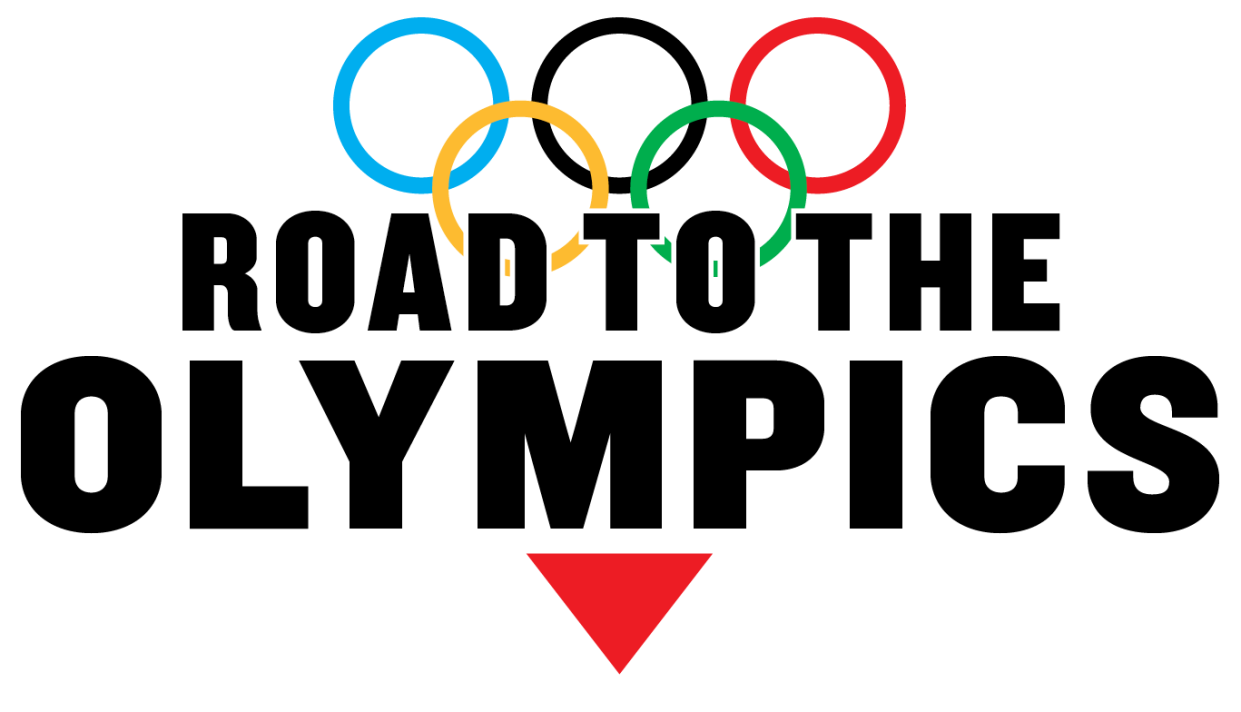How Olympic 10K Swimmer Ivan Puskovitch Uprooted His Life to Chase His Dream

This story is part of Men's Health's "Road to the Olympics" series, where six athletes share their training journeys as they prepare to compete at the 2024 Paris Olympics in July. Read all of the athletes' entries here.
Ivan Puskovitch, 23, will compete in his first Olympic games in the 10K open water swim this summer, a test of endurance and speed. Open-water swimming also notoriously tests ones ability not to get thrown off by different water conditions, be it choppy, windy, rainy, or full-on wavy on race day. At the 2024 World Championships, he placed 14th and earned his spot on the team for the Paris games.
We caught up with him on the cusp of May, when the plan he started out following this year dramatically changed: With just two and a half weeks to go in the semester, his coach at West Virginia University abruptly resigned. Puskovitch knew what he had to do: Put school on pause and move across the country to reunite with his primary coach, Mohammad Khadembashi, at TSM Aquatics in Santa Monica, California. Khadembashi had continued to work with the swimmer long-distance while he was in school, and now they are together at the same pool again. Here, in Puskovitch's own words, is what training and life is like right now:
THERE'S A LOT going on right now, but I’m having fun with it. When the infrastructure changed at WVU and my coach resigned, it forced me to act without missing a beat, because I can’t do anything to sacrifice my Olympic preparation. I owe that to myself and our country.
There were only two and a half weeks left in the semester, but that’s time I would have spent not getting better. I got the news that my WVU coach resigned on a Thursday, and within an hour, I called my coach in California, my family, and some friends on the West Coast and said I had to get back there pronto to minimize any hiccups in my training.
I spent my whole day Friday packing my life into boxes and flew out on Saturday. It’s a very spur-of-the-moment, “life happens” situation, but I’m really happy to be in Santa Monica. I was really confident that having to miss three days of training to relocate myself and be back in an ideal, perfect, pristine training environment was going to hurt me way less than for two and a half weeks being distracted and being bitter about the situation. It was a tough situation with a lot of moving parts, but it’s all coming together.
I’m currently living in a hostel and living out of two suitcases. Food is one of the hardest parts; I’m going to the grocery store almost every day since it’s a shared living situation and I don’t want to take up too much space.
But it’s the closest I’ve ever lived to the pool. I get up at 5 a.m. and skateboard to practice—it runs from 5:30 to 7:30 a.m., and then I have practice again in the evening from 5 to 7:30. I do 11 to 12 sessions per week, and swim as much as 100 kilometers a week during my heaviest training blocks.
I take an hour and a half to three-hour nap every day in between practices, since sleep is so paramount for my recovery. If there’s only one thing I could do to recover for the rest of my life, it would be sleep. It’s a superpower. If it wasn’t something our bodies did naturally, it would be the most banned substance on the planet. At night, I’m in bed sometime between 9 and 10 p.m. It’s pretty much practice, eat, sleep, repeat.
In addition to being close to the pool, I love living by the ocean again. It’s great to be able to stay present and be locked into training here. I’m really happy to be back with my coach—he’s not afraid to challenge me. I saw this quote yesterday about how the deeper your relationship with an athlete the harder you can push them. And he really chases the challenges with me. It’s not like he’s just sitting there on deck sipping his coffee. He knows I can handle a lot of volume, and we’re working together to train me to sustain fast speed for a long period of time.
There have been a lot of hurdles—moments when it doesn’t feel that things could get any worse. The Monday after I moved from West Virginia to California, my skateboard hit a bump and my phone flew out of my pocket into a puddle, cracked, and got a ton of water in it. But there was nothing I could do about it—it’s just life that happens. You learn to control the controllables in any sport, and especially in open-water swimming, because you can’t control the waves, the wind, the weather, or the water temperature. You also can’t control what everyone else is doing during the race. If I’m next to someone who’s extremely physical and hitting everyone, I can’t control making them chill out, but I can control repositioning myself and pivoting in that moment. And that’s a much better way to expend your energy.
The more accepting you become of the factors that you just cannot change, the better you’re going to be able to apply yourself to the parts you do have some control over. It feels like all of this is going to make a great story one day, and I’ll be able to look back and say, “You dropped your whole life in one state and moved across the country at a moment’s notice to pursue your dreams.” It’s almost poetic in a sense. I know I wouldn’t have it any other way.

Want to follow more Olympians' journeys? Click below to read about their training methods, wellness routines, and more.
You Might Also Like
